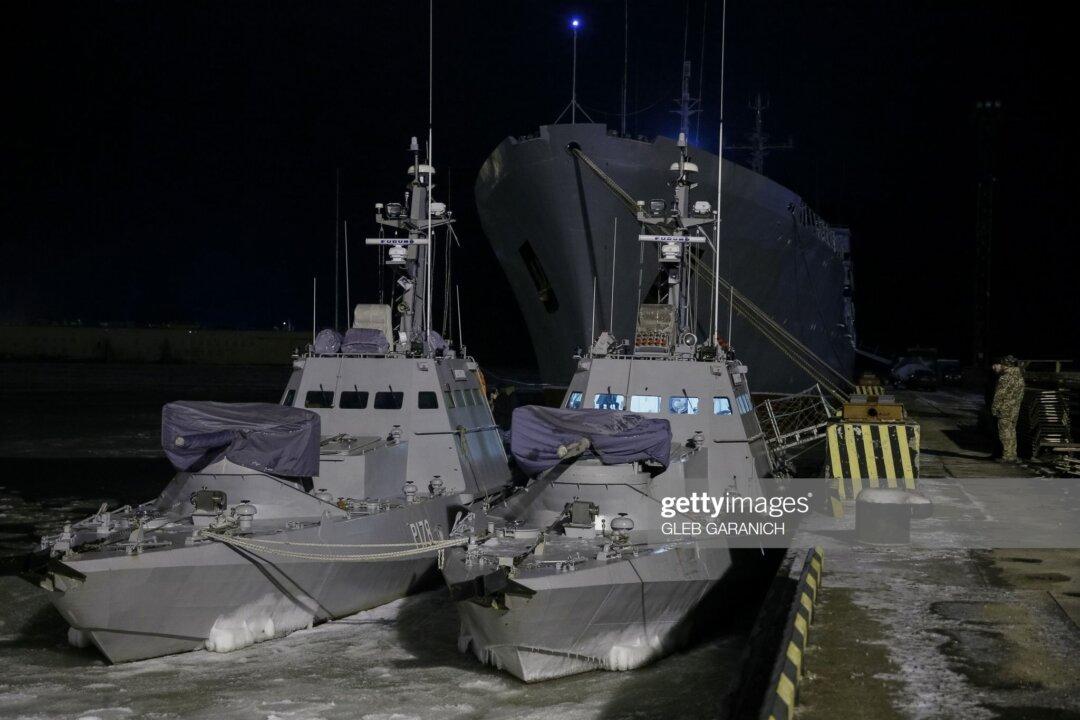Someone said that the Canadians held an election last year, and there is a new “sheriff” in Ottawa? Or was it a new rock star band? Whatever.
The essential point, as Canadians realize with combined bitterness, irritation, and regret, is that Americans pay very little attention to Canada. It is the home of “Mounties,” hockey players (although no longer championship quality), and bad weather where snow starts in August and doesn’t melt until May.
The foregoing is overstated to be sure, but during a presidential election year, U.S. domestic politics sucks all the oxygen from the ruminations of the politically engaged. And this year, that reality is even more real with a madhouse collage of Republicans led by “The Donald” transfixing media—a media still ruminating whether Trump is “for real.”
Among Democrats, Hillary Clinton’s coronation “cake walk” presidential nomination has turned into a stumble-fest with Clinton dogged by questions regarding her handling of classified State Department communications on her personal computer and old concerns over a “Billery” team in the White House. Moreover, from out of nowhere, a socialist senator from Vermont, who looks as if he is wearing a fright wig, is rallying Democrat youth activists in a way not seen for over a generation.
Canadians may forgive us for not paying attention to their change of government when our made-for-TV reality show is blaring.





